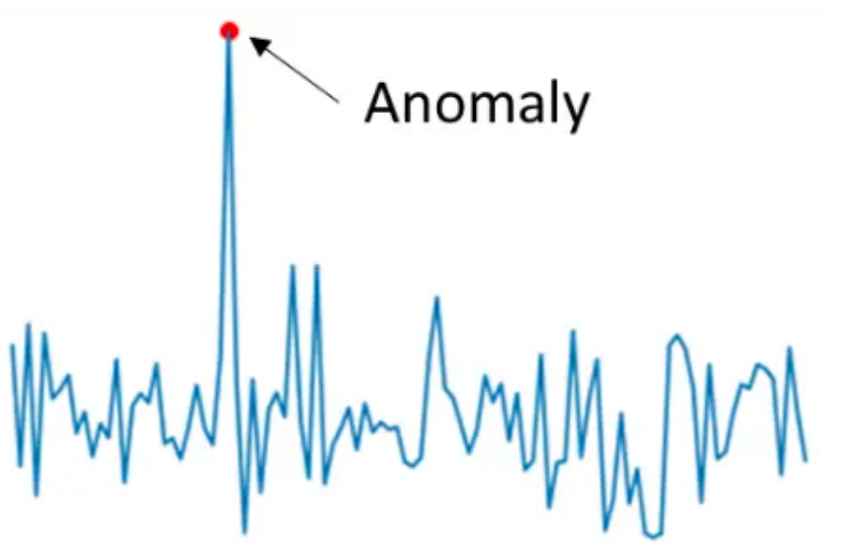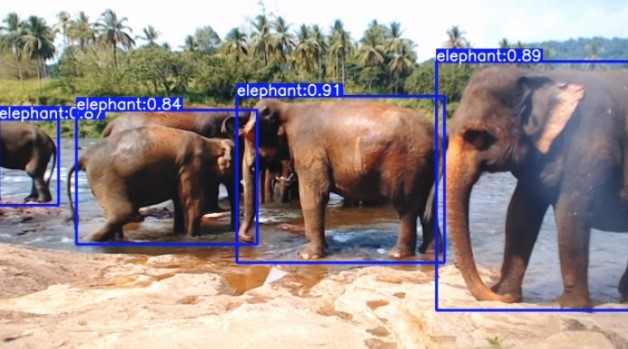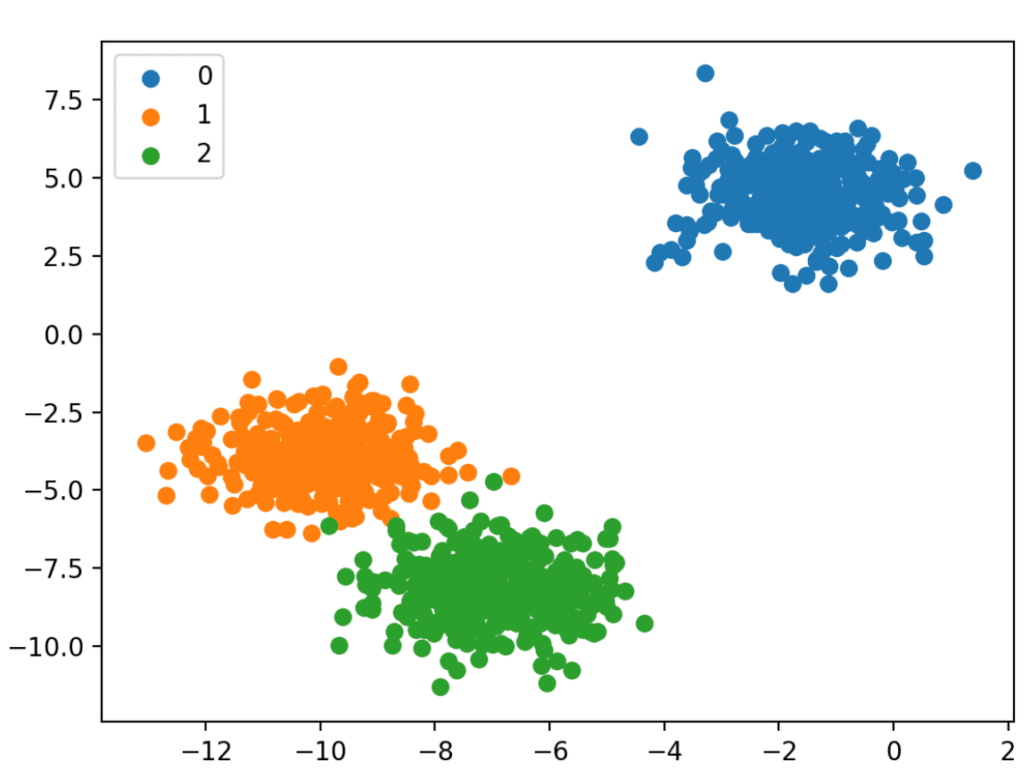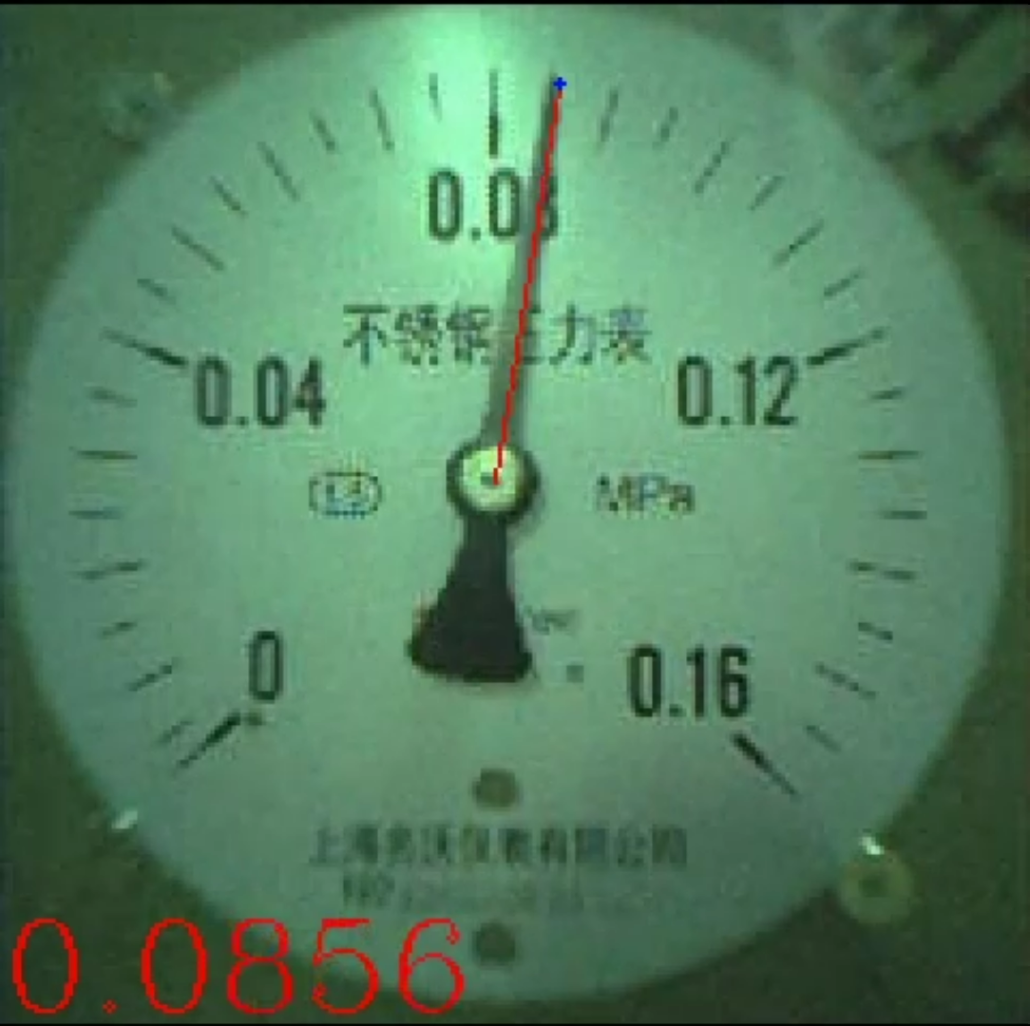Edgelab: Experience AI at the Edge With Only $10 Hardware
We are super excited to release our latest AI project “EdgeLab”, which we believe will make entry to AI easier and faster!
EdgeLab is an open source project focused on embedded AI. We optimize the best algorithms in OpenMMLab for real-world scenarios and make it run faster and more accurately on embedded hardware.

Why Edgelab?
The emergence of platforms such as ChatGPT and DALL-E has made us feel the power of AI, and AI will appear in every aspect of our planet in the future. At present, 80% of the world’s AI is still running on the server side, which is based on “Foundation Models”, and only a few end devices and industries support running AI, such as face recognition, voice wakeup, and other applications. Many analysts believe that AI will not mature for widespread use until 2050. We want to accelerate this process so that AI will be available for Makers, industrial IoT devices, and hardware deployed in the wilderness.
OpenMMLab currently has 15 algorithm libraries covering many directions such as classification, object detection, segmentation, pose estimation, etc. There are more than 250 algorithm implementations, but like most algorithms on the market today, not many of these algorithms can be implemented in real products or are limited to high-performance GPUs. Based on OpenMMLab, EdgeLab selects algorithms that meet the hardware performance and optimizes the algorithm implementation according to the required scenarios, so that the algorithms can run faster, with less power consumption, and more accurately in the devices.
What’s Included
Seeed has been deeply involved in the IoT field for many years, especially with IoT solutions for long-range environmental monitoring while having low power consumption. Due to the need for large-scale deployments, the hardware cost of these solutions often does not exceed $10. In addition, we have found that 99% of the data received in the environmental and data analysis space is not generating value, and the industry is eagerly looking for new technologies to bring breakthroughs. Based on our past experience, EdgeLab will mainly include the following directions of algorithms.
Anomaly Detection

In the real world, anomalous data is often difficult to identify, and even if it can be identified, it requires a very high cost. The anomaly detection algorithm collects normal data in a low-cost way, and anything outside normal data is considered anomalous. (coming soon)
Computer Vision

Here we provide a number of computer vision algorithms such as object detection, image classification, image segmentation and pose estimation. However, these algorithms cannot run on low-cost hardware. EdgeLab optimizes these computer vision algorithms to achieve good running speed and accuracy in low-end devices.
Discrete Classification

Except for sound and visual, most of the data in the real world are discrete, and the data can only produce results after classification.
Scenario-Specific

Specific scenarios, such as the recognition of analog meters, traditional digital meters, and audio classification.
Features
User-friendly
EdgeLab provides a user-friendly platform that allows users to easily perform training on collected data, and to better understand the performance of algorithms through visualizations generated during the training process.
Models with low computing power and high performance
EdgeLab focuses on end-side AI algorithm research, and the algorithm models can be deployed on microprocessors, similar to ESP32, some Arduino development boards, and even in embedded SBCs such as Raspberry Pi.
Supports multiple formats for model export
At present, TensorFlow Lite is mainly used in microcontrollers, while ONNX is mainly used in devices with embedded Linux. There are some special formats such as TensorRT, OpenVINO, which are already well supported by OpenMMlab. EdgeLab has added TFLite model export for microcontrollers, which can be directly converted to uf2 format and drag-and-drop into the device for deployment.
Explore more AI-related resources by Seeed!
- Few-Shot Object Detection with YOLOv5 and Roboflow wiki
- Train and Deploy Your Own AI Model Into SenseCAP A1101 wiki
- Intelligent Traffic Management System using DeepStream SDK
- Quick Start with SenseCAP K1100 – The Sensor Prototype Kit wiki